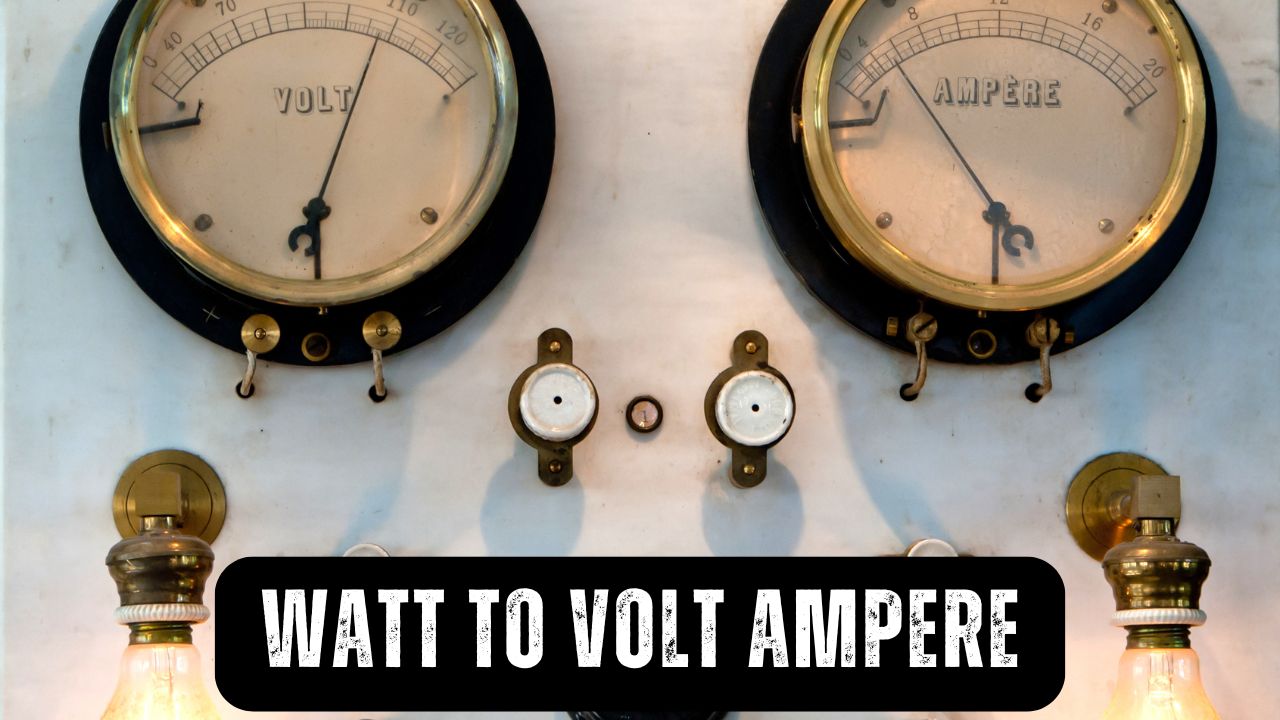Watts to VA Converter

Table of Contents
How to Convert Watts to Volt-Amps (VA)
The conversion between watts (W) and volt-amperes (VA) depends on the power factor (PF).
Watts to VA Calculation Formula
The apparent power S in volt-amps (VA) is equal to the real power P in watts (W), divided by the power factor PF:
S(VA) = P(W) / PFSo volt-amps are equal to watts divided by the power factor:
VA = W / PFExample Calculation
If you have a power measurement of 100 watts and a power factor of 0.8, the calculation would be:
S(VA) = 100 W / 0.8 = 125 VAUnderstand the Conversion
The relationship between watts and volt-amps is crucial in electrical systems. The power factor indicates how effectively the current is being converted into useful work output. A power factor of 1 means all the power is being effectively converted, while lower values indicate less efficiency.
Watts to VA (Volt-Amperes) Conversion Table
Formula: VA = Watts ÷ Power Factor (PF)
| Power [W] | VA at PF=1.0 | VA at PF=0.9 | VA at PF=0.8 | VA at PF=0.7 |
|---|---|---|---|---|
| 100 W | 100 VA | 111.11 VA | 125 VA | 142.86 VA |
| 200 W | 200 VA | 222.22 VA | 250 VA | 285.71 VA |
| 300 W | 300 VA | 333.33 VA | 375 VA | 428.57 VA |
| 400 W | 400 VA | 444.44 VA | 500 VA | 571.43 VA |
| 500 W | 500 VA | 555.56 VA | 625 VA | 714.29 VA |
| 1000 W | 1000 VA | 1111.11 VA | 1250 VA | 1428.57 VA |
| 1500 W | 1500 VA | 1666.67 VA | 1875 VA | 2142.86 VA |
| 2000 W | 2000 VA | 2222.22 VA | 2500 VA | 2857.14 VA |
| 2500 W | 2500 VA | 2777.78 VA | 3125 VA | 3571.43 VA |
| 3000 W | 3000 VA | 3333.33 VA | 3750 VA | 4285.71 VA |
